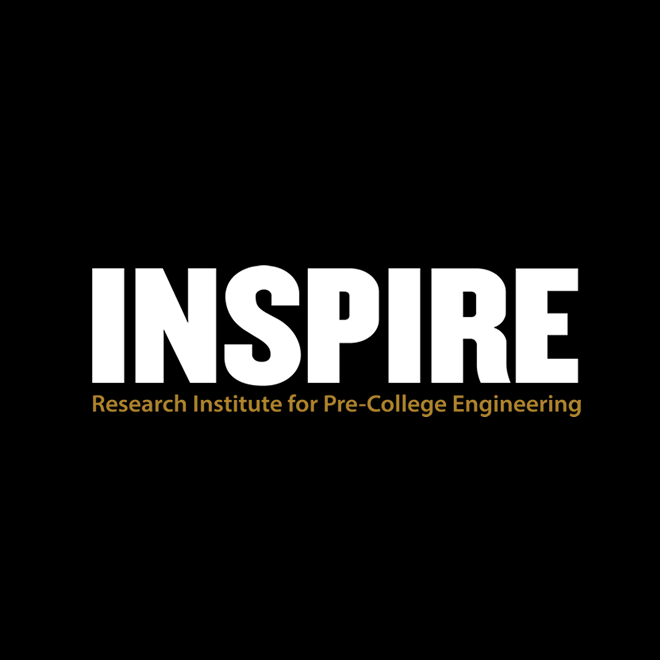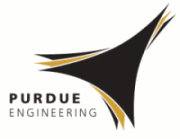Abstract
Recent U.S. national documents have laid the foundation for highlighting the connection between science, technology, engineering and mathematics at the K-12 level. However, there is not a clear definition or a well-established tradition of what constitutes a quality engineering education at the K-12 level. The purpose of the current work has been the development of a framework for describing what constitutes a quality K-12 engineering education. The framework presented in this paper is the result of a research project focused on understanding and identifying the ways in which teachers and schools implement engineering and engineering design in their classrooms. The development of the key indicators that are included in the framework were determined based on an extensive review of the literature, established criteria for undergraduate and professional organizations, document content analysis of state academic content standards in science, mathematics, and technology, and in consultation with experts in the fields of engineering and engineering education. The framework is designed to be used as a tool for evaluating the degree to which academic standards, curricula, and teaching practices address the important components of a quality K-12 engineering education. Additionally, this framework can be used to inform the development and structure of future K-12 engineering and STEM education standards and initiatives.
Recommended Citation
Moore, T. J.,
Glancy, A. W.,
Tank, K. M.,
Kersten, J. A.,
Smith, K. A.,
&
Stohlmann, M. S.
(2014).
A Framework for Quality K-12 Engineering Education: Research and Development.
Journal of Pre-College Engineering Education Research (J-PEER), 4(1), Article 2.
https://doi.org/10.7771/2157-9288.1069


